
Kod: 04727283
Beyond Sweatshops
Autor Theodore H. Moran
Images of sweatshop labor in developing countries have rallied opponents of globalization against foreign direct investment (FDI). The controversy is most acute over the treatment of low-skilled workers producing garments, footwea ... więcej
- Język:
 Angielski
Angielski - Oprawa: Miękka
- Liczba stron: 208
Wydawca: Brookings Institution, 2002
- Więcej informacji o książce

Zobacz książki o podobnej tematyce
-

Cosmetic and Toiletry Formulations, Vol. 7
344.46 € -

Marine Prawns and Shrimps
124.95 € -

Advanced Membrane Technology and Applications
256.98 € -

Geometric Algebra
13.92 € -23 % -

Bonding Volume 1
24.88 € -5 % -

The Works of the Right Honourable Lady Nary Wortley Montagu: Including her Correspondence, Poems, A
29.69 € -

Isometric Graph Paper: Draw Your Own 3D, Sculpture or Landscaping Geometric Designs! 1/4 inch Equilateral Triangle Isometric Graph Recticle T
10.85 € -

Knitting & Lace & Tatting: 1-2-3 Quick Beginners Guide to Knitting! & 1-2-3 Quick Beginners Guide to Lace and Tatting!
23.86 € -

Renewing Your Relationship
14.53 € -

The Road to Success
29.39 € -

Anna Was Here
17.40 € -5 % -

PLEYEL 3 DUOS OP 61
11.26 € -2 % -

Programmer's Guide to Internet Mail
136.12 € -

Segantini
27.34 €
Podaruj tę książkę jeszcze dziś
- Zamów książkę i wybierz "Wyślij jako prezent".
- Natychmiast wyślemy Ci bon podarunkowy, który możesz przekazać adresatowi prezentu.
- Książka zostanie wysłana do adresata, a Ty o nic nie musisz się martwić.
Więcej informacji o Beyond Sweatshops
Za ten zakup dostaniesz 89 punkty
 Opis
Opis
Images of sweatshop labor in developing countries have rallied opponents of globalization against foreign direct investment (FDI). The controversy is most acute over the treatment of low-skilled workers producing garments, footwear, toys, and sports equipment in foreign-owned plants or the plants of subcontractors. Activists cite low wages, poor working conditions, and a variety of economic, physical, and sexual abuses among the negative consequences of the globalization of industry. In Beyond Sweatshops, Theodore Moran examines the impact of FDI in manufacturing on growth and welfare in developing countries, and explores how host governments can take advantage of the contributions of foreign investment while avoiding the hazards to lower-skilled workers. He traces case studies of countries that have managed to produce steady improvement in worker treatment at plants exporting garments, footwear, and other labor-intensive products. The first part of the book examines multilateral proposals designed to place a floor under the treatment of workers around the world, contrasting a WTO-based system to enforce labor standards with "voluntary" arrangements, including corporate codes of conduct, certification organizations, and "sweatshop free" labeling. It explores the pros and cons of adding a "living wage" requirement to the ILO's core labor standards. The second part of the book presents data that significantly broadens our understanding of FDI. By analyzing the evidence from a variety of developing countries --in Asia, Latin America, and Africa --Moran demonstrates that most FDI goes to industrial sectors that employ trained workers who are not easily exploited. The flow of FDI to plants that produce electronics, auto parts, industrial equipment, chemicals, pharmaceuticals, and medical equipment, paying production workers two to five times more than what is found in lower-skilled operations, is twenty-five times the flow to garment, textile, and footwear plants. Appropriately designed host country policies can transform the development trajectory of the entire economy. Moran advocates various "build-up" --rather than "trickle down" --strategies to enable developing countries to capture the benefits of FDI. He concludes by examining the impact of outward investment on workers and communities in the home economy, investigating evidence about what Ross Perot called the "great sucking sound," and asking whether the expansion of foreign investment in the developing world comes at the expense of good jobs and dynamic industries in the developed countries.
 Szczegóły książki
Szczegóły książki
Kategoria Książki po angielsku Economics, finance, business & management Economics Labour economics
36.15 €
- Pełny tytuł: Beyond Sweatshops
- Podtytuł: Foreign Direct Investment and Globalization in Developing Countries
- Autor: Theodore H. Moran
- Język:
 Angielski
Angielski - Oprawa: Miękka
- Liczba stron: 208
- EAN: 9780815706151
- ISBN: 0815706154
- ID: 04727283
- Wydawca: Brookings Institution
- Waga: 295 g
- Wymiary: 229 × 152 × 12 mm
- Data wydania: 12. June 2002
Ulubione w innej kategorii
-
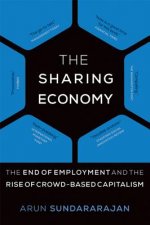
Sharing Economy
20.17 € -5 % -
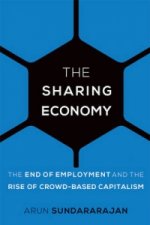
Sharing Economy
27.65 € -11 % -

Reflective Practitioner
40.86 € -
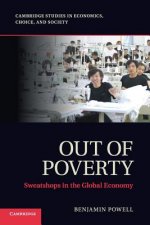
Out of Poverty
47 € -

Hired
11.15 € -23 % -
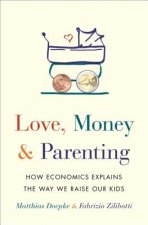
Love, Money, and Parenting
37.68 € -

Search Theory and Unemployment
139.60 € -

Wealth of Humans
17.71 € -23 % -
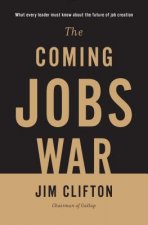
Coming Jobs War
24.78 € -6 % -

New Division of Labor
42.70 € -

Shutdown in Youngstown
131.51 € -

Workers of the World
99.24 € -
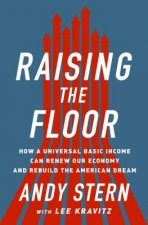
Raising the Floor
26.72 € -5 % -

Inequality in America
35.12 € -12 % -

Reflective Practitioner
50.18 € -
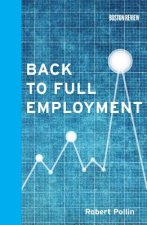
Back to Full Employment
10.34 € -12 % -

Industrial Relations in Japan
205.15 € -

Discrimination in Labor Markets
41.37 € -

Debating Universal Basic Income
58.27 € -

Determinants of Self-employment
70.87 € -
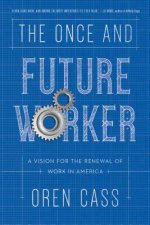
Once and Future Worker
26.11 € -4 % -

Shop Class as Soulcraft
31.23 € -
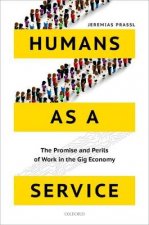
Humans as a Service
28.36 € -5 % -

Labor
24.88 € -

Unemployment
312.19 € -
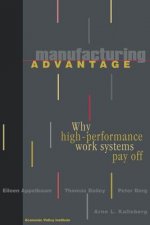
Manufacturing Advantage
53.05 € -

e-Government and Employment Services
70.87 € -

Social Production of Art 2/E Pb
40.86 € -

Global Gag Rule and Women's Reproductive Health
73.23 € -
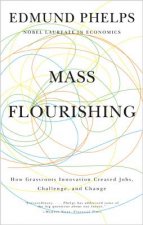
Mass Flourishing
33.18 € -
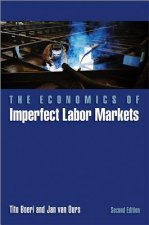
Economics of Imperfect Labor Markets
76.40 € -5 % -

Modelling Unemployment Insurance
152.20 € -

Intersectionality and Discrimination
64.62 € -

Free and Unfree Labour
137.35 € -

Social Change and the Experience of Unemployment
94.33 € -
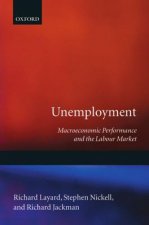
Unemployment
87.77 € -
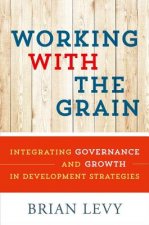
Working with the Grain
220.31 € -
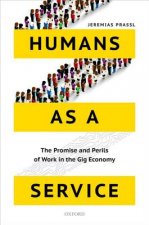
Humans as a Service
51.92 € -
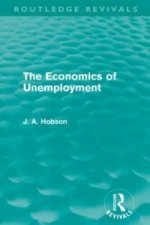
Economics of Unemployment (Routledge Revivals)
59.40 € -

Jobs, Earnings, and Employment Growth Policies in the United States
70.87 € -
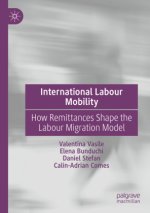
International Labour Mobility
164.70 € -

Big Data: The New Frontier for Economic and Social Insights
24.47 € -

Connecting the Coastlines: How Short Sea Shipping Can Drive Regional Growth
24.47 € -

Unequal Pay for Women and Men
12.79 € -11 % -

New Technology and the Labour Process
139.60 € -

Wage-Labour and Capital & Value, Price and Profit
46.90 € -

Product Market Structure and Labor Market Discrimination
132.23 € -
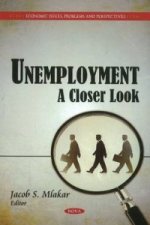
Unemployment
143.39 € -12 % -
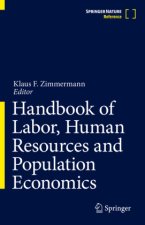
Handbook of Labor, Human Resources and Population Economics, 12 Teile
6198.26 €
Osobní odběr Bratislava a 2642 dalších
Copyright ©2008-24 najlacnejsie-knihy.sk Wszelkie prawa zastrzeżonePrywatnieCookies



 Vrácení do měsíce
Vrácení do měsíce Zdarma od 49.99 €
Zdarma od 49.99 € 02/210 210 99 (8-15.30h)
02/210 210 99 (8-15.30h)